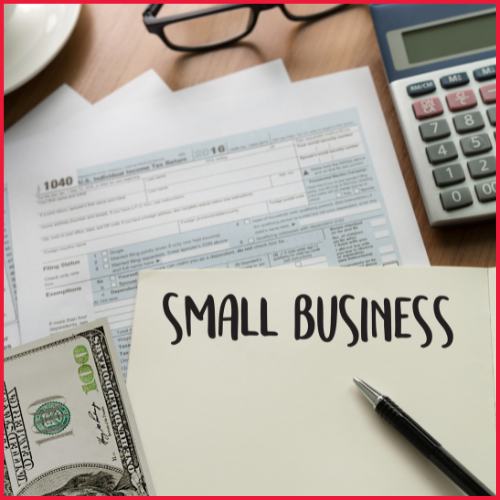Toyota Motor stated it would implement high-performance, solid-state batteries as well as other technologies to increase the efficiency and performance of its electric vehicles while lowering their price.
The Japanese automaker Toyota Motor declared that it plans to introduce next-generation batteries starting in 2026, hoping to win over buyers with cars that have greater driving ranges and faster charging periods.
Additionally, it disclosed that it was working on a way to mass-produce solid-state batteries, with plans to launch the technology in 2027 or 2028.
The revelation, which came the day before Toyota’s annual shareholder’s meeting, when strategy and governance will be scrutinized, amounted to the automaker’s most thorough exposition of its approach to competing in the rapidly expanding EV market, where it has lagged rivals.
On Tuesday, Toyota stock was up 4.45% and trading at 2,161 yen.
A 1,000-kilometre (621-mile) electric vehicle (EV) with a more effective lithium-ion battery will be made, according to the company. According to U.S. testing regulations, the long-range Tesla Model Y, the world’s best-selling EV, has a maximum driving distance of around 530 km.
Toyota failed to specify the estimated prices or the location of production for its new long-range electric vehicle (EV), nor did it specify the location of production for the upcoming solid-state batteries that it had previously stated were in the development phase or the amount of money that would be needed.
In a video broadcast on the automaker’s YouTube account on Tuesday, Takero Kato, president of the new Toyota EV business, BEV Factory, stated that the company’s goal was to “change the future with BEVs.”
“We will introduce the next-generation battery EVs to the market as a complete lineup starting in 2026,” Kato stated.
Toyota also provided information on further technologies that it intends to use to lower the price of its batteries and electric vehicles.
In order to reduce production costs, the automaker promised to use Giga casting and a “self-propelling” assembly line, a production breakthrough first introduced by the leading American EV company Tesla.
By 2030, BEV Factory, which was founded in May, plans to create roughly 1.7 million vehicles or about half of the 3.5 million EVs Toyota expects to sell per year by then, according to Kato.
For the first time ever, the carmaker sold more than 1% of its total global sales in a single month in April, with 8,584 EVs sold across the globe, including those sold under the Lexus brand.















